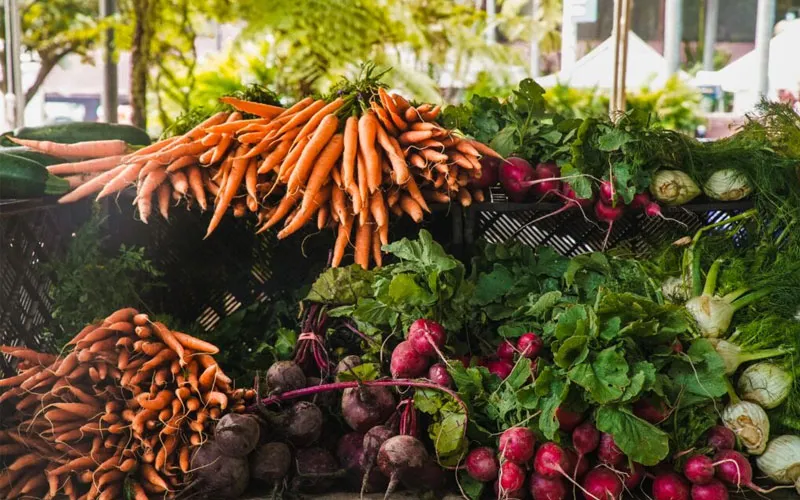Nairobi, 30 April, 2022 / 9:15 pm (ACI Africa).
Officials of an entity of the Jesuit Conference of Africa and Madagascar (JCAM) are calling on African governments to take action to address the challenge of food insecurity and the rising prices of foodstuff.
In a report published Wednesday, April 27, the leadership of the Jesuit Justice and Ecology Network – Africa (JENA), a department of JCAM, says while food prices have increased globally, African governments need to insulate their respective citizens against the hikes because “food insecurity could be the spark that ignites the tinderbox.”
“More effective and coordinated action is required to assist the most vulnerable populations in dealing with the drastic and immediate increases in their food bills, as well as to assist farmers in meeting the rising demand for agricultural products,” JENA officials say.
They add that the current food prices, which have impacted thousands of households across the developing world, have “once again highlighted the critical need for governments to strengthen their safety net mechanism to guarantee that rising food prices do not lead to an increase in poverty rates.”
JENA officials further say that the unprecedented food crisis in Africa also provides an opportunity to address the root causes of food insecurity on the continent “by developing food and agricultural systems that are less reliant on external shocks, as well as more productive and efficient local agriculture, with a focus on the consumption of local food products.”








